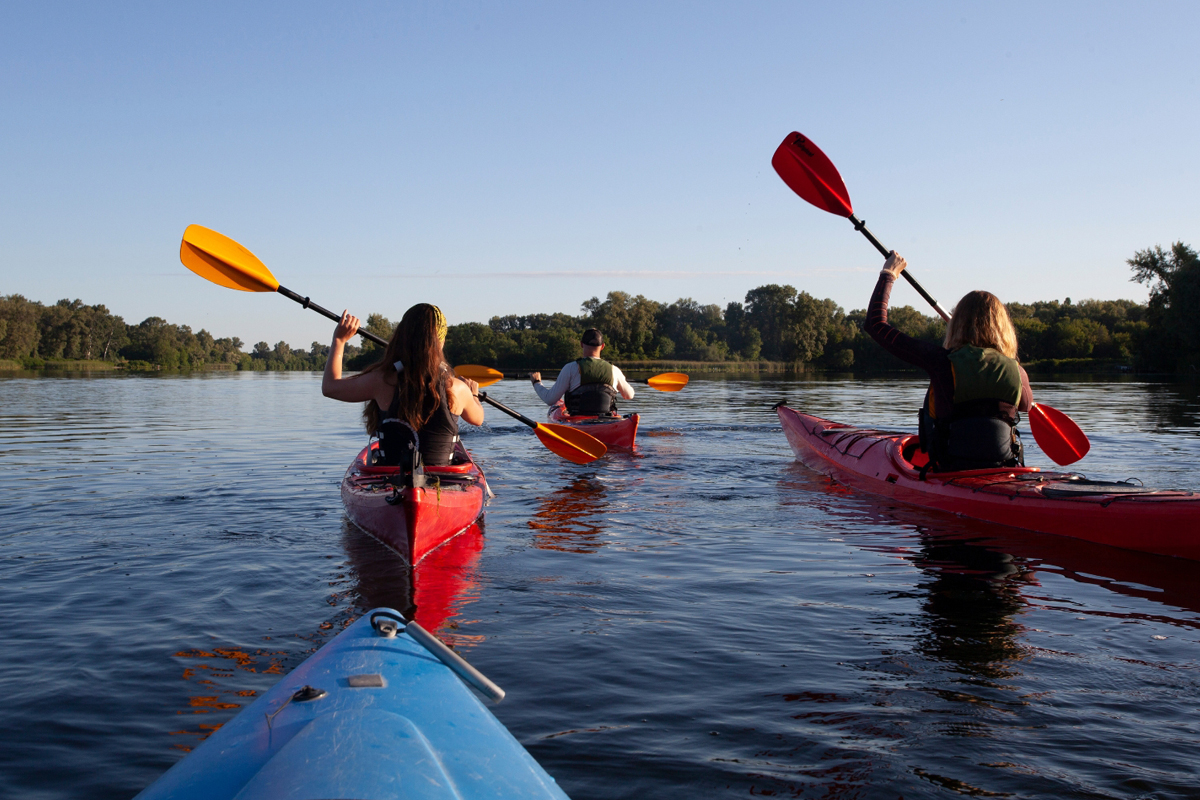
Florida is a top global destination, attracting millions of tourists each year for its beaches, wildlife, theme parks, and outdoor adventures. Whether you’re offering kayak rentals in Crystal River, airboat rides in the Everglades, or guided tours of historic St. Augustine, your website is often the first impression visitors get of your business. If that website isn’t optimized for mobile, you’re likely missing bookings—especially from out-of-town visitors searching on the go.
Let’s talk about why mobile optimization is critical for Florida tour operators and how it directly impacts bookings, visibility, and customer satisfaction.
Mobile Search Dominates in the Tourism Industry
More than 70% of travel-related searches now happen on mobile devices. Tourists planning day trips or last-minute excursions are doing so from smartphones—not desktops. That means if your website loads slowly, has clunky navigation, or doesn’t display properly on smaller screens, they’ll bounce and book elsewhere.
For Florida tour operators competing in a saturated and seasonal market, a mobile-first site isn’t optional, it’s foundational.
What a Mobile-Optimized Tour Website Should Include
A successful mobile-optimized website for a tour business in Florida should offer:
| Feature | Why It Matters |
|---|---|
| Fast Load Speeds | Mobile users won’t wait. A slow site costs you bookings. |
| Click-to-Call Buttons | Many mobile users want to speak with a live person before booking. |
| Easy Booking Access | Booking options should be front and center with minimal steps. |
| Mobile-Friendly Menus | Hamburger menus and collapsible sections improve navigation. |
| Map Integrations | Let users quickly find your meeting points or office via GPS. |
| Clear Local Info | Mention cities, regions, and landmarks (e.g., “near Clearwater Beach”). |
Florida tourists are often on tight schedules. A mobile site that lets them get information and book with just a few taps makes all the difference.
Mobile UX Affects SEO and Booking Rates
Google now uses mobile-first indexing—meaning your mobile version is the primary version it evaluates for rankings. If your mobile site performs poorly, your rankings in both local search and Maps can suffer.
Additionally, poor mobile usability drives up bounce rates and decreases conversions. For tour operators, that means fewer leads, lower occupancy on tours, and more reliance on paid ads to compensate.
Real Florida Example: Tour Booking Behavior
Consider a family vacationing in Destin. They’re looking for something to do the next morning. A parent pulls out their phone and searches “dolphin cruise near me.” If your competitor’s mobile site loads in 2 seconds with a big “Book Now” button, and yours loads in 8 seconds with tiny text and no visible call-to-action, guess who they book with?
This scenario happens dozens of times a day across Florida’s top destinations.
Benefits Beyond Bookings
Mobile-optimized websites do more than just increase conversions. They also:
- Improve your online reputation with better user experiences
- Reduce cart abandonment for ticketing or reservations
- Support social sharing and influencer marketing
- Increase time-on-site and engagement metrics
These advantages strengthen your overall digital presence and set you apart in a competitive tourism market.
Tour operators in Florida can’t afford to have outdated, desktop-first websites. Whether you’re offering paddleboard lessons in Naples or glass-bottom boat tours in Key Largo, your mobile experience is a direct reflection of your professionalism and reliability.
A mobile-optimized website doesn’t just help with SEO—it makes booking easy for the people most likely to act fast: Florida tourists with a phone in hand.
📱 Ready to Get More Bookings From Your Mobile Visitors?
At SEO Consulting Experts, we specialize in building and optimizing mobile-first websites for Florida’s tourism businesses. Let us help you capture more local search traffic and convert mobile users into paying guests.
👉 Contact us today for a free mobile site audit and conversion review.

